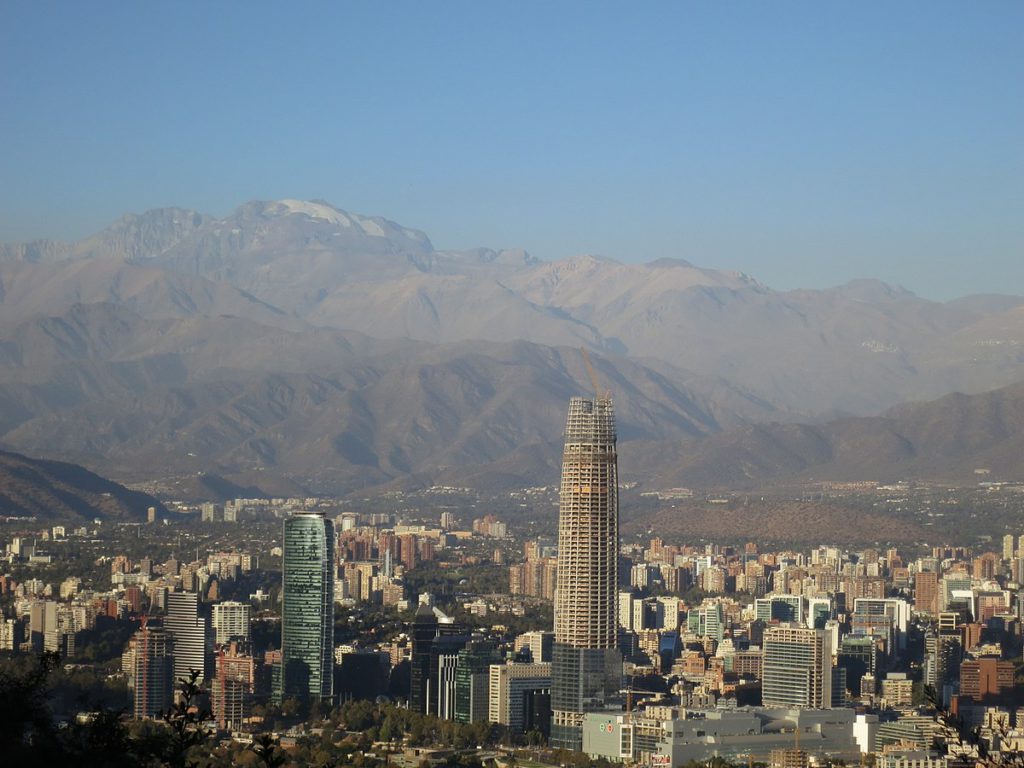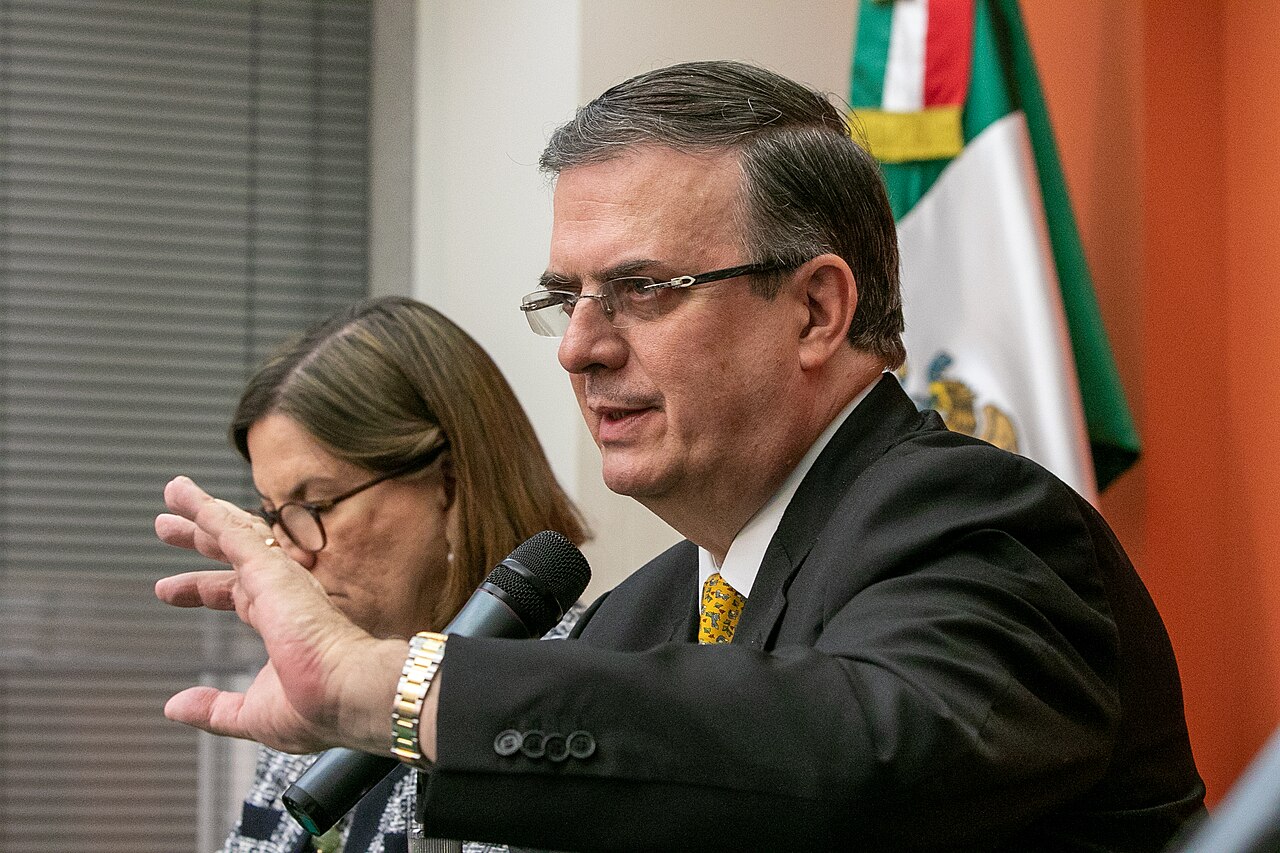Chile’s mining royalties bill will hurt investment, jobs – finance minister

An opposition-sponsored bill to impose a royalties tax on miners in Chile could generate “significant economic impacts,” affecting employment and future fiscal income from mining as well as potentially production, the country’s finance minister told lawmakers on Wednesday.
The bill in its present form could hike taxes on miners by up to 75% depending on the price of copper, Chile’s key export, Finance Minister Rodrigo Cerda said in a presentation to the Senate Mining committee.
“Were we to have a very high tax burden, it could have a knock-on impact against future investments that would in turn generate jobs in the sector and higher tax revenue,” he said.
The Chilean lower chamber of Congress in May voted in favour of a royalties bill to pay for social programs during the covid-19 pandemic involving a tax that would increase progressively as copper prices rose as they have this year.
Cerda noted, however, that foreign companies have tax stability agreements FOCUS-Chile’s decades-old mining deals may hinder bid to lift copper royalties that shield them from changes to their regimes until periods beyond the current crisis.
An eventual cut in mining investments coupled with the natural ageing of mine deposits could also sink local production, he said.
He said existing taxes on miners would capture the benefits of a higher copper price, citing finance ministry projections that contributions from mining will represent 2.65% of Chile’s GDP in 2021 compared with 1.6% in 2020.
Cerda said the bill also trampled on the exclusive prerogative by law of Chile’s president to raise legislation that have implications for government finances.
“As government we are always willing to talk but in this instance, such a discussion should be initiated by the President of the Republic,” he said.
The president of the Senate, Yasna Provoste, who is also a member of the opposition Christian Democratic party, replied that members of Congress saw many of the issues differently, resulting in the bill’s advancement so far.
Chile’s senate mining committee is gathering evidence on the bill’s implications from stakeholders including former presidents, current and former mining executives, academics, sector analysts and mine supplier groups.
(By Fabian Cambero and Aislinn Laing; Editing by Matthew Lewis)
{{ commodity.name }}
{{ post.title }}
{{ post.date }}




Comments